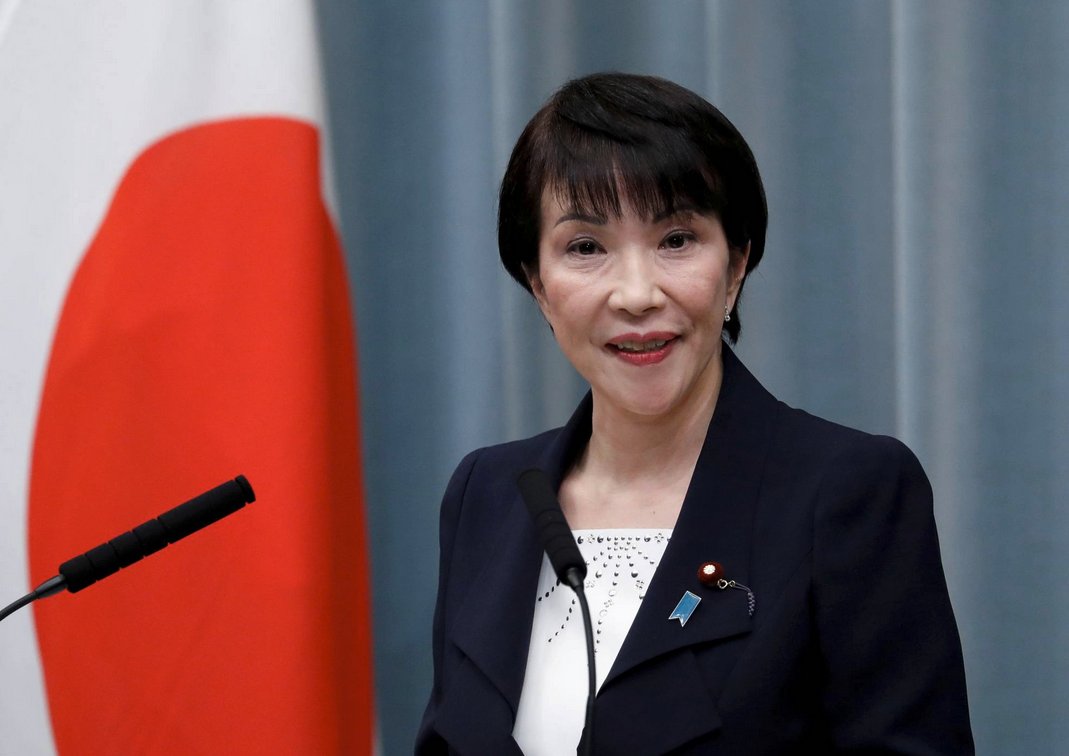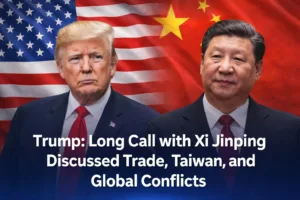The Japanese yen weakened to around 150.5 per US dollar on Tuesday, hitting its lowest level in over two months. The decline came after fiscal dove and pro-stimulus lawmaker Sanae Takaichi won the ruling Liberal Democratic Party leadership race, paving the way for her to become Japan’s next prime minister.
Takaichi’s victory raised expectations for large-scale fiscal spending and continued monetary accommodation. Investors believe her administration will prioritize growth and stimulus, keeping the yen under pressure in the short term.
Bank of Japan’s Outlook
Bank of Japan Governor Kazuo Ueda said on Friday that the central bank could resume rate hikes if growth and inflation progress as expected. He also noted that US tariffs are hurting exporters’ profits, especially in the auto sector. However, Ueda added that the broader impact on investment, jobs, and wages remains limited.
Economic Data
Japan’s household spending rose 2.3% in August, the fastest growth in three months. The increase was supported by government measures aimed at easing cost pressures and offsetting the impact of US tariffs.
Meanwhile, bond yields continue to rise. The 20-year Japanese government bond (JGB) yield climbed to 2.73%—its highest level since August 1999—while the 30-year JGB yield hit an all-time high of 3.31%.
Analysts’ Insights on the Yen Carry Trade
Jane Foley, Head of FX Strategy, Rabobank
“The market is likely to conclude that the yen carry trade is back on,” Foley said, suggesting that investors may once again borrow in yen to invest in higher-yielding assets abroad.
Etsuro Honda, Economic Adviser to Takaichi
Honda believes that a rate hike by the BOJ this month would be premature. He suggested that December would be a better time for such a move after the new government settles in.
Masayuki Nakajima, Senior Currency Strategist, Mizuho Bank (London)
Nakajima warned that yen selling could accelerate, with the currency possibly dropping toward 180 per euro. He noted that if Takaichi continues to downplay the risks of a weak yen and opposes rate hikes, the carry trade could strengthen further.
Deutsche Bank Strategists
Deutsche Bank said it had decided to close its bullish yen position, citing a lack of positive catalysts after the unexpected political outcome.
Erik Nelson, Macro Strategist, Wells Fargo Bank (London)
Nelson believes the BOJ is unlikely to change course in the near term, suggesting continued yen weakness against major currencies.
Shusuke Yamada, Chief Japan FX and Rates Strategist, BofA Securities
Yamada said that the yen carry trade remains attractive for now and predicted that the dollar-yen pair could rise toward 155 by the end of the year. He noted that markets still need to fully price in Takaichi’s policy stance.
Conclusion
Overall, analysts see the yen carry trade regaining momentum as Japan enters a new phase of political and fiscal policy. With rising global yields and continued monetary easing at home, investors may keep borrowing in yen to seek better returns abroad. Unless the Bank of Japan signals a clear shift toward tightening, the yen may stay under pressure in the coming months.

BBW News Desk is the editorial team of BigBreakingWire, a digital newsroom focused on global finance, markets, geopolitics, trade policy, and macroeconomic developments.
Our editors monitor government decisions, central bank actions, international trade movements, corporate activity, and economic indicators to deliver fast, fact-based reporting for investors, professionals, and informed readers.
The BBW News Desk operates under the editorial standards of BigBreakingWire, prioritizing accuracy, verified information, and timely updates on major global developments.




















Be First to Comment